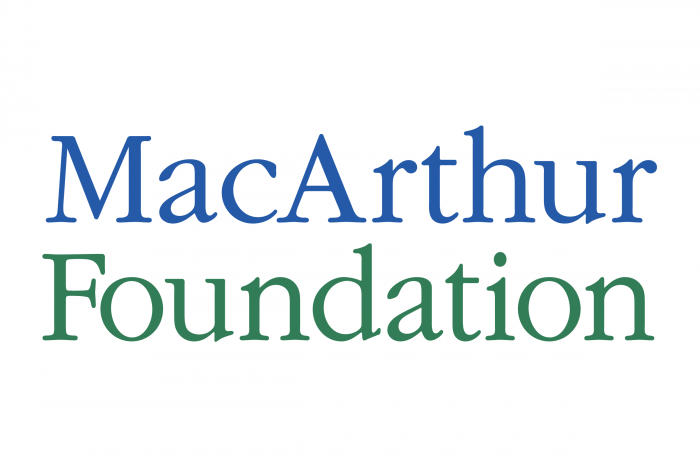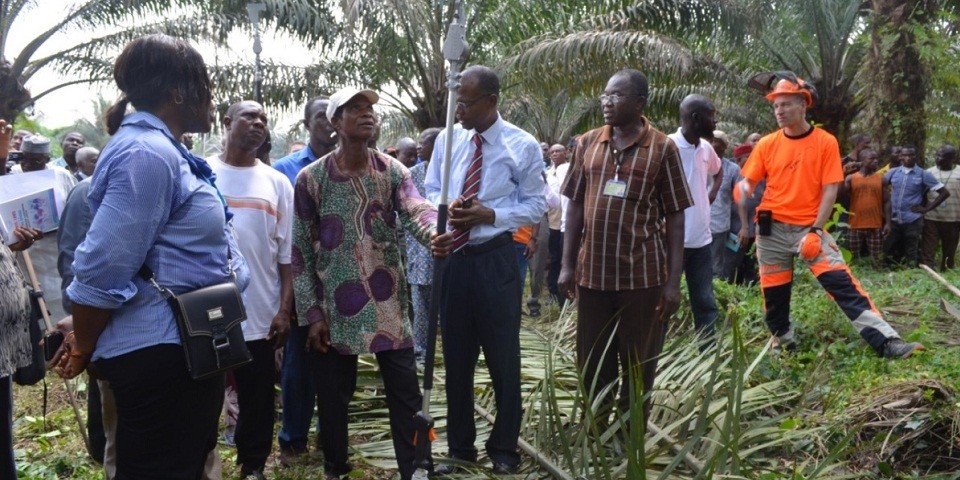
MacArthur Foundation awards $9 million Grant to Nigerian CSOs
July 8, 2017
Start Innovation Hub
July 10, 2017By Ada Ramatu Ochekliye
Nigeria wastes a lot of oil palm fruits. This is because harvesting methods rely on climbers going up the trees and cutting each bunch manually. As can be imagined, this process is time consuming and inefficient. Unpicked oil palm fruits then ripen – a little too much – and drop to the ground. Nature hastens decomposition and these oil palm fruit bunches become rotten. Rotten oil palm fruit are not good for anything but improving soil fertility and that isn’t what oil palm is planted for.
What can be done to mitigate oil palm wastage? Employing the use of the Mechanical Adjustable harvester is a viable option.
The Mechanical Adjustable Harvester is an innovative technology that is designed to increase harvest efficiency. It functions by cutting down the palm oil fruit bunch at the nape of the tree. The machine removes the need for climbers as it can operated from the ground.
The Mechanical Adjustable Harvester is more efficient and allows more fruit bunches to be harvested than would be possible using traditional methods. It also serves to greatly reduce the risks of injury and death that poses a major problem while using traditional methods of harvesting. Even more than that is that women can now be as much a part of the harvesting process as men are; something that was perceived a taboo before now because women were not supposed to climb trees.
The Foundation for Partnership Initiatives in the Niger Delta (PIND) introduced the Mechanical Adjustable Harvester to give farmers the opportunity of easing the harvesting process so they can improve the quantity of yield – and thus revenue – they stand to make from their oil palm produce. PIND partnered with STIHL, the German Agro-machinery manufacturers, who invested 18 million Naira promoting the sale of the Harvester to farmers in the Niger Delta. Right now, there are STIHL dealers selling the machine to farmers and farming clusters in the Niger Delta region.
Beyond that, PIND and Partners routinely design and execute demonstration sessions for stakeholders in the nine Niger Delta states on how to use, couple and uncouple and maintain the Mechanical Adjustable Harvester. These sessions are open to farmers, farming clusters and even buyers of the machine. These sessions also help to promote the efficacy of the machine and facilitate the adoption for use in oil palm harvesting.
What does this all tie to?
With the Mechanical Adjustable Harvester, farmers are able to harvest almost twice as much oil palm fruits than human climbers can, affording themselves the opportunity of increasing the quantity of fruit they are able to sell to processors and therefore, increasing the amount of money they make off each sale. And because farmers can harvest more in shorter time, the instances of rot and wastage of oil palm fruits is greatly reduced. With more robust adoption of the Mechanical Adjustable Harvester in the Niger Delta, farmers will further reduce this margin of waste. This in turn could mean more production of palm oil which translates to more revenue for farmers, processors and even the Nigerian government.
With the Mechanical Adjustable Harvester, harvesting oil palm plays a win-win scenario for all stakeholders in the palm oil value chain sector.
For more information on the Mechanical Adjustable Harvester, contact Blessing Allen-Adebayo via email; blessing@pindfoundation.org









